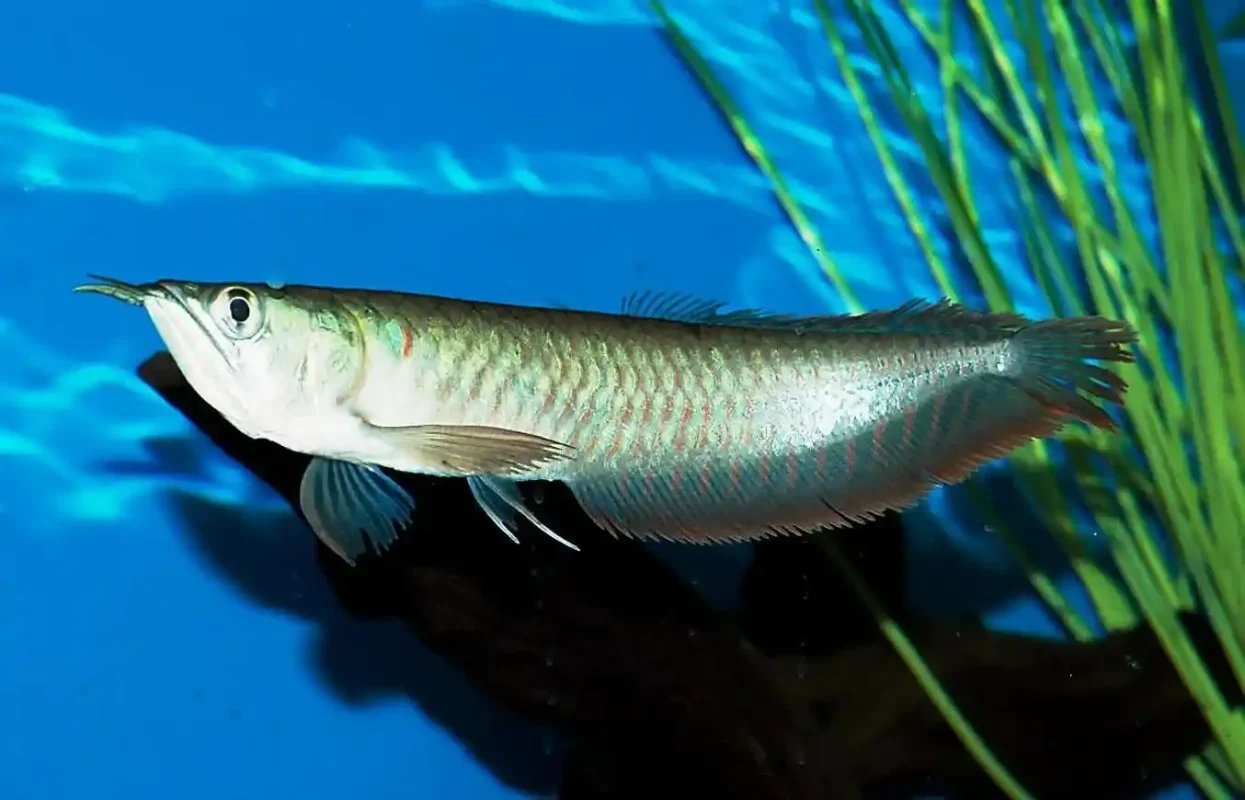Arowana Legalities and Regulations: A Comprehensive Guide
Arowana Legalities and Regulations: A Comprehensive Guide
Arowanas, also known as dragon fish, are highly sought-after aquarium fish due to their vibrant colors and unique appearance. However, owning an arowana comes with legal responsibilities. The arowana legalities and regulations surrounding arowana ownership, including permits, licenses, and specific rules for different regions. In many countries, Arowanas are protected due to their conservation status. Regulations aim to prevent illegal trade and protect their habitats. Here’s what you need to know:
Introduction to Arowana Fish
What is an Arowana?
Arowanas are freshwater fish known for their elongated bodies and vibrant colors. They are prized in ornamental fishkeeping for their graceful appearance and believed luck-bringing properties in many Asian cultures.
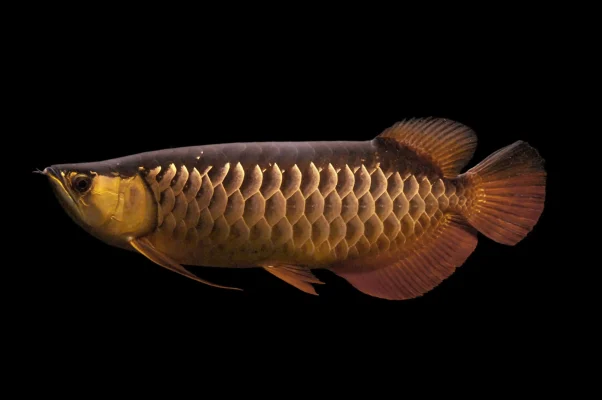
Popular species and characteristics
The Asian Arowana and Silver Arowana are highly sought after for their distinct markings and majestic swimming patterns, making them coveted among collectors globally.
Global demand and conservation concerns
High demand for Arowanas has led to concerns about overexploitation and the impact on wild populations. Habitat destruction and illegal trade pose significant threats to their survival.
| Country | Legal Status | Key Regulations |
|---|---|---|
| United States | Protected under the Endangered Species Act (ESA) | Requires permits for importation and interstate transportation. |
| Singapore | CITES Appendix I | Requires CITES permits for international trade. |
| Australia | Listed under the EPBC Act | Requires a Wildlife Trade Operation license for trade. |
Permits and Licenses
| Type of Permit | Description | Requirements |
|---|---|---|
| Local Permit | Required for owning an arowana in your local area | Proof of residency, identification, and a valid aquarium license |
| National Permit | Required for importing or exporting arowanas | Proof of business registration, tax ID, and a valid export permit |
| CITES Permit | Required for international trade of arowanas | Proof of business registration, tax ID, and a valid CITES permit |
Legal Landscape: International and Regional Regulations
CITES and Arowana species
Under the CITES treaty, Arowana species are categorized under Appendix I or II based on their conservation status. These listings regulate international trade to ensure sustainability and prevent exploitation.
Overview of Global Legal Status
Countries worldwide enforce various laws to control Arowana trade, including permits, quotas, and bans. Compliance with these regulations is crucial to prevent illegal trafficking and protect wild stocks.
Regional regulations in Asia, the Americas, and Europe
Asian countries like Singapore and Malaysia impose strict regulations on Arowana ownership and trade to safeguard wild populations. In the Americas, countries such as Brazil and Peru regulate exports to conserve local ecosystems. Europe enforces CITES guidelines for Arowana importation to prevent invasive species introductions.
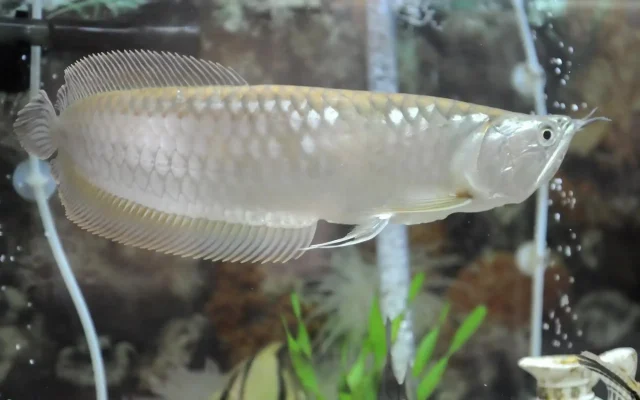
Challenges and Enforcement
Impact of illegal trade
Illegal Arowana trade undermines conservation efforts, leading to biodiversity loss and ecosystem degradation. Governments face challenges in enforcing laws due to cross-border complexities and black market activities.
Legal implications and penalties
Penalties for illegal Arowana trade vary but may include hefty fines, imprisonment, and confiscation of specimens. Legal precedents highlight the severity of penalties for violating wildlife protection laws.
Arowana Legalities and Regulations
| Region | Laws and Regulations | Penalties for Non-Compliance |
|---|---|---|
| United States | Requires a valid aquarium license and permits for import/export | Up to $10,000 fine and 1 year imprisonment |
| Europe | Requires a valid CITES permit and registration with local authorities | Up to €50,000 fine and 2 years imprisonment |
| Asia | Requires a valid permit from local authorities and registration with the CITES secretariat | Up to ¥500,000 fine and 3 years imprisonment |
Technological advancements in enforcement
Advancements in DNA profiling and electronic tagging enhance authorities’ ability to trace Arowana origins and combat illegal trade networks. These technologies promote transparency and accountability in the supply chain.
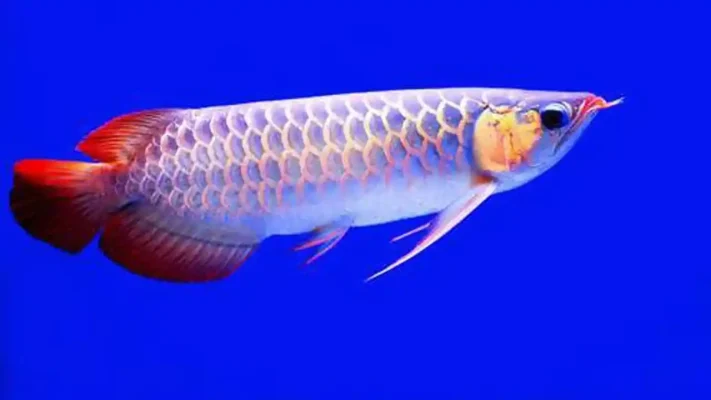
Arowana Farming and Certification
Growth of the aquaculture industry :
Aquaculture has emerged as a sustainable alternative to wild capture, meeting market demand while alleviating pressure on natural habitats. Arowana farms adhere to environmental standards to ensure responsible breeding practices.
Certification and traceability :
Certification programs validate the legality and origin of farmed Arowanas, providing assurance to buyers and supporting conservation efforts. Traceability systems track Arowana movements from farms to markets, promoting ethical trade practices.
Import and Export Restrictions
| Country | Import/Export Restrictions | Reasons |
|---|---|---|
| United States | Prohibits the importation of wild-caught arowanas | Conservation and protection of endangered species |
| Europe | Requires a valid CITES permit for the importation of arowanas | Conservation and protection of endangered species |
| Asia | Prohibits the exportation of arowanas without a valid permit | Conservation and protection of endangered species |
Breeding and Trade
| Type of Breeding | Requirements | Regulations |
|---|---|---|
| Commercial Breeding | Requires a valid business license and registration with local authorities | Must comply with CITES regulations and local laws |
| Recreational Breeding | Requires a valid aquarium license and registration with local authorities | Must comply with local laws and regulations |
Penalties for Non-Compliance
| Type of Penalty | Description | Consequences |
|---|---|---|
| Fine | Up to $10,000 | May result in loss of business or financial hardship |
| Imprisonment | Up to 1 year | May result in loss of freedom and reputation |
| License Revocation | Revocation of aquarium license | May result in loss of business and financial hardship |
Recent Developments
Stay updated with recent changes in regulations:
- 2023: United States updates ESA listing to enhance conservation efforts.
- 2022: Singapore tightens CITES regulations to combat illegal trade.
Educational Outreach and Consumer Responsibility
Role of education in conservation
Educational initiatives raise awareness about Arowana conservation, emphasizing sustainable practices and the importance of legal compliance in the ornamental fish trade.
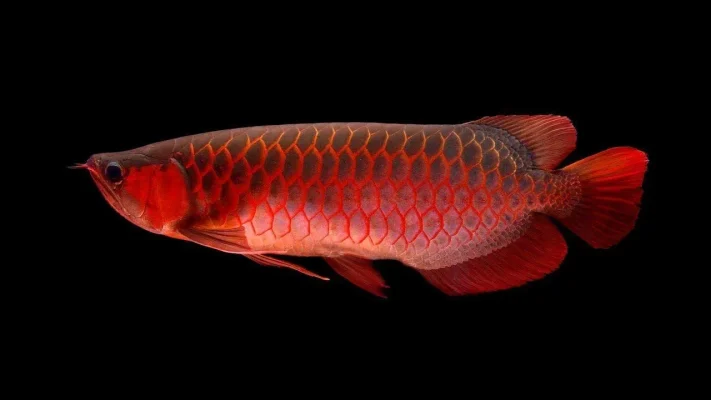
Consumer guidelines for ethical purchasing
Consumers are urged to purchase Arowanas from reputable suppliers who provide documentation of legal sourcing. Supporting ethical trade promotes conservation and discourages illegal wildlife trafficking.
FAQs about Arowana Legalities and Regulations
What is CITES and how does it affect Arowana?
CITES regulates international trade in endangered species like Arowanas by requiring permits to ensure legal and sustainable trade practices.
Are there specific laws against owning Arowana in certain countries?
Many countries enforce laws requiring permits for Arowana ownership to prevent illegal trade and protect wild populations.
How can I ensure the Arowana I buy is legally sourced?
Buy from trusted sources that provide documentation proving the Arowana’s legal origin, such as CITES permits or certificates of authenticity. Arowana Fish for Sale Riverside CA
What are the penalties for illegal Arowana trade?
Penalties may include fines, imprisonment, and confiscation of specimens for individuals involved in illegal Arowana trade activities.
How can individuals contribute to Arowana conservation efforts?
Support conservation initiatives, choose sustainably sourced Arowanas, and advocate for ethical practices in the ornamental fish trade.
Conclusion
In conclusion, owning an arowana requires careful consideration of arowana Legalities and regulations. By understanding the permits, licenses, regional laws, import and export restrictions, breeding and trade regulations, and penalties for non-compliance, you can ensure a safe and legal arowana ownership experience. Remember to always research and comply with local and national regulations to avoid any legal issues.
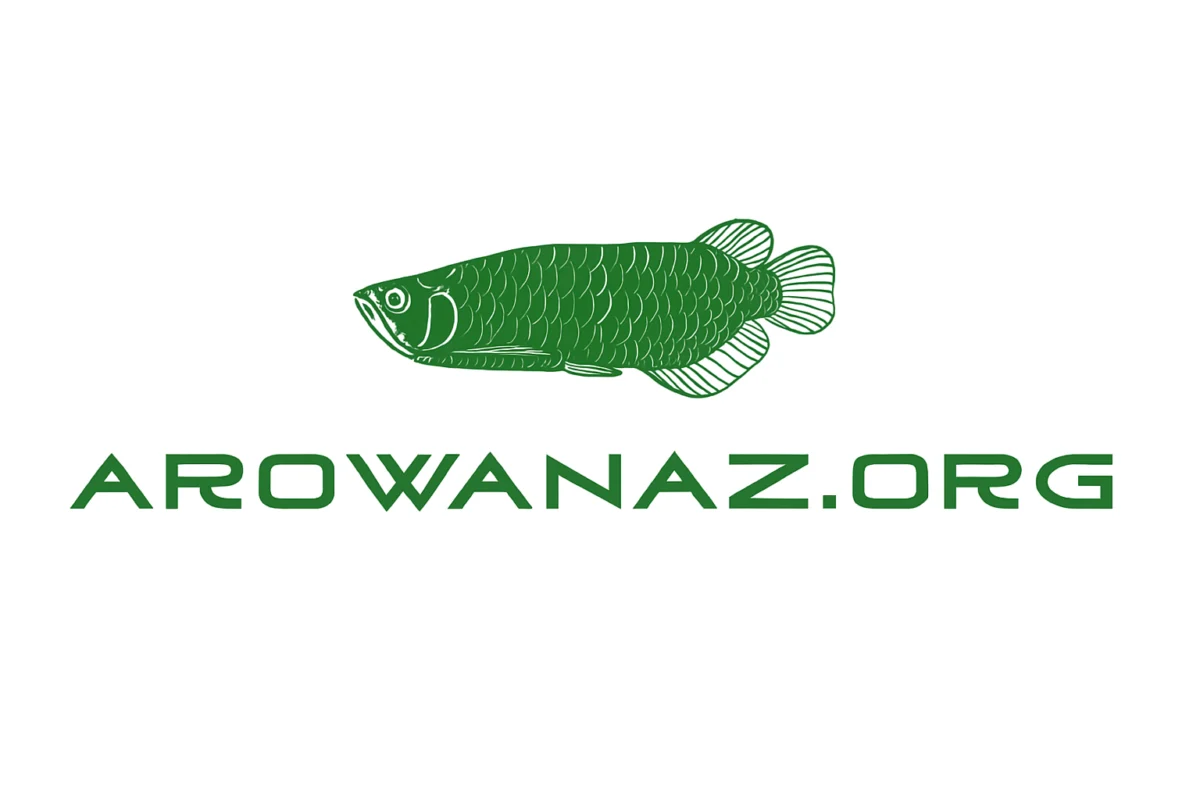

 Deutsch
Deutsch